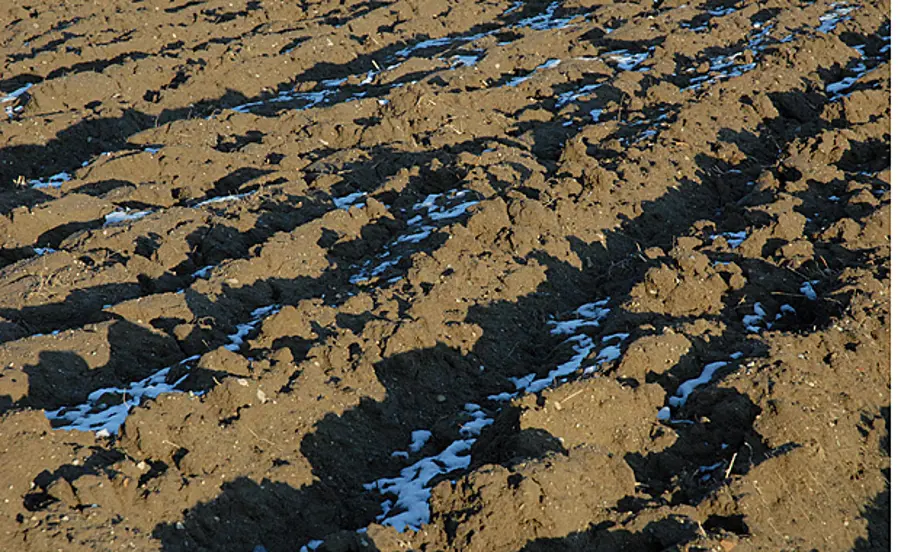Soil Ecotoxicology

Soil fulfils numerous important tasks for us: it provides the foundation for human activities, serves as substrate for plants and agricultural production and represents the habitat of numerous animals. Although Switzerland actively undertakes soil protection, the contamination of soil is primarily measured through the chemical analysis of specific pollutants. Ecotoxicity assays are necessary to determine the effect of contamination on the soil organisms. Soil organisms play an important role for soil functioning, e.g. for the degradation of organic material, nutrient cycling or detoxification, and, therefore, are crucial for soil health. In bioassays, the influence of pollutants on factors such as mortality, reproduction or growth can be measured and and used to determine quality criteria for pollutants or soil samples. The aim is to protect soil organisms from a life-threatening exposure to chemicals and thereby preserve soil fertility.
Recently, the determination of biological parameters such as microbial biomass or biodiversity has been suggested to supplement the chemical data. Bioassays enable a connection between the measured pollutant concentrations and the biological parameters. Thus, they can help to find contaminated sites and to determine their toxicity. These assays should therefore be routinely integrated into the soil protection strategies in Switzerland. However, there are no standardised and recommended ecotoxicological test systems for the assassment of soil quality. For this reason, various bioassays are optimised and standards are established at the Ecotox Centre in order to make these tests fit for routine application.

